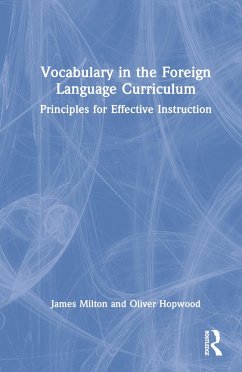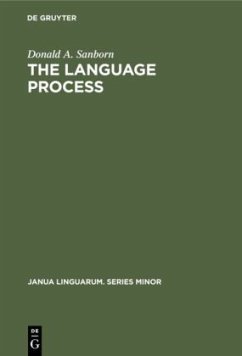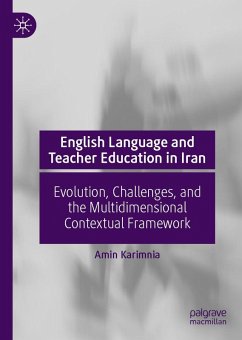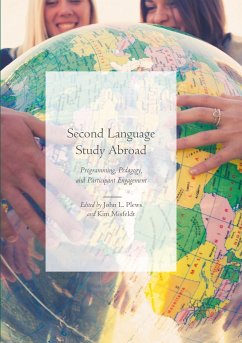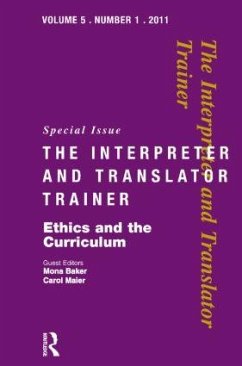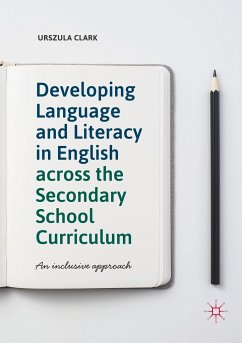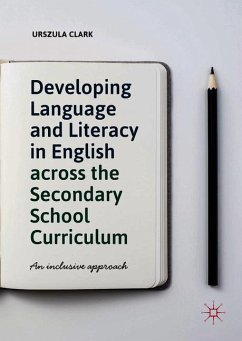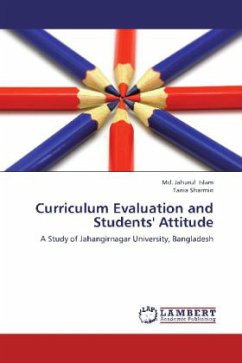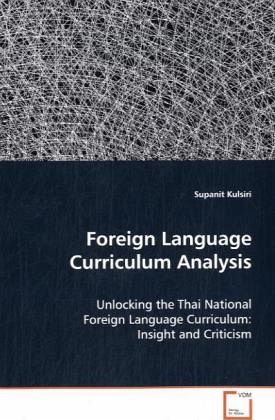
Foreign Language Curriculum Analysis
Unlocking the Thai National Foreign LanguageCurriculum: Insight and Criticism
Versandkostenfrei!
Versandfertig in 6-10 Tagen
52,99 €
inkl. MwSt.

PAYBACK Punkte
26 °P sammeln!
The status of English language has changed over theyears as a tool for international communication andas a language for empowerment and social development.Traditional language curriculum developmentapproaches are no longer adequate, as the classroompractice does not strengthen only languageproficiency, but rather the perspective of criticallyliterate language learners. This book, therefore,provides a new approach to the language curriculumdevelopment. The approach rests on the premise thatprinciples underlying decisions made in thecurriculum planning process will have a significantimpact on th...
The status of English language has changed over theyears as a tool for international communication andas a language for empowerment and social development.Traditional language curriculum developmentapproaches are no longer adequate, as the classroompractice does not strengthen only languageproficiency, but rather the perspective of criticallyliterate language learners. This book, therefore,provides a new approach to the language curriculumdevelopment. The approach rests on the premise thatprinciples underlying decisions made in thecurriculum planning process will have a significantimpact on the effectiveness of the curriculum. Thisvolume provides a systematic analysis of philosophiesand theoretical principles that decision-makers needto consider. Drawing from the example of Thailand, acomprehensive analysis of the national curriculumplanning process will strongly enhance ourunderstanding of the language curriculum development.This book will become an essential reference forpolicymakers, curriculum developers and will beuseful to professionals in TESOL and ELT, as well asfor those specifically interested in the Thai foreignlanguage curriculum.



